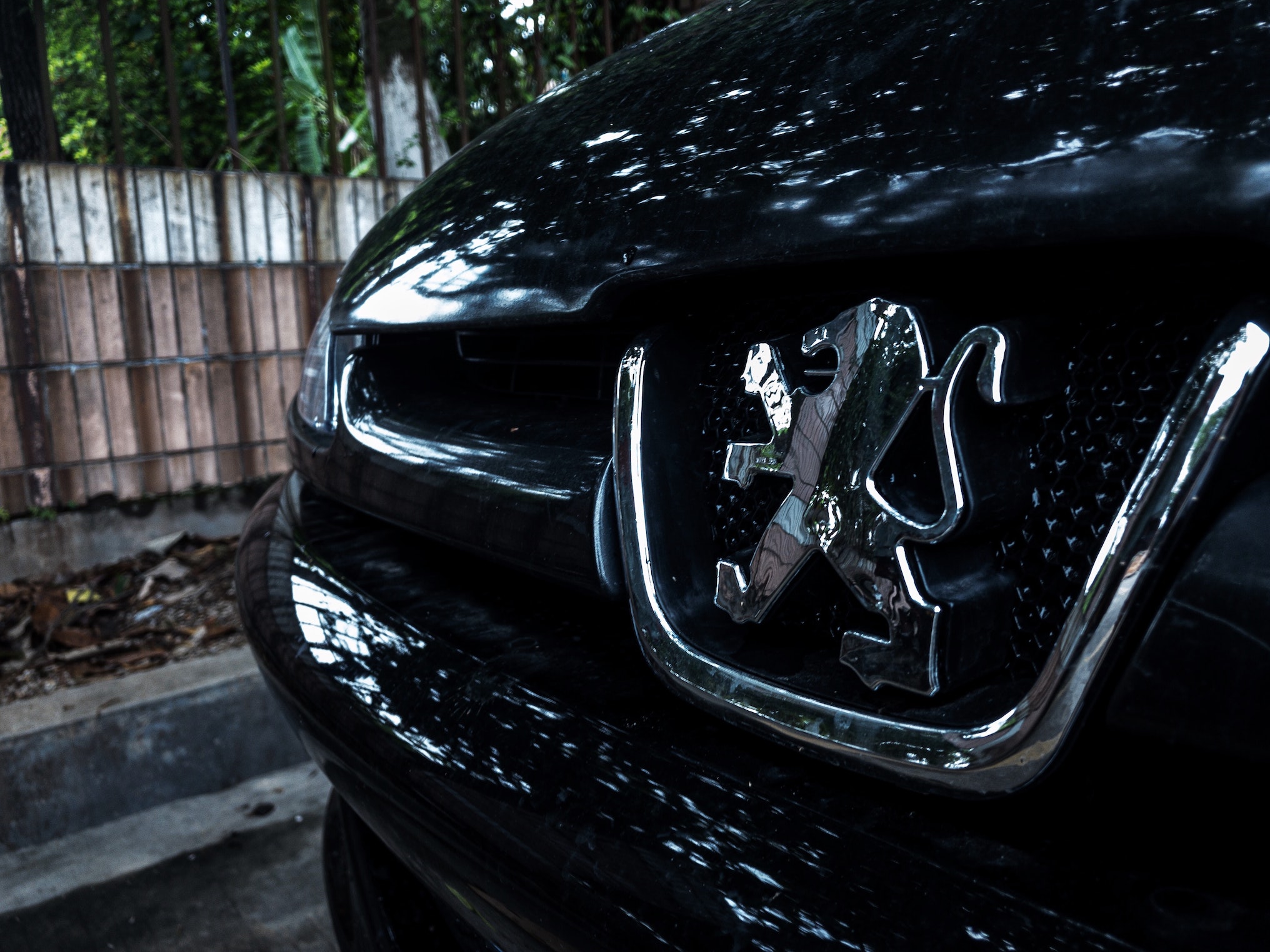
Citroën and Peugeot the latest carmakers to be charged over Dieselgate
French carmakers Citroën and Peugeot are facing prosecution in France over the Dieselgate emissions cheating scandal, after similar charges were announced against Renault and Volkswagen. Prosecutors looking into the Peugeot case said they had found some of the cars emitted nitrogen oxide (NOx) on the road 10 times above regulatory limits.
In 2015 Volkswagen was found to have equipped 11 million diesel cars worldwide with software capable of producing fake emission readings during official tests while emitting many times the legal limit on the road. The scandal cost the group more than €32 billion in fines, refits and legal costs. This month the carmaking giant announced it would seek damages from Martin Winterkorn, who was in charge of the group in the lead-up to the scandal.
In April 2019, the EU also accused German carmakers of collusion over emissions. It was deemed that VW together with BMW and Daimler may have colluded to limit the development and delay the roll-out of low-emissions technology. EU officials alleged the carmakers broke the bloc’s antitrust rules by coordinating technical standards that aimed at restricting competition on innovation for two emissions cleaning systems. In doing so, it said they denied consumers the opportunity to buy less polluting cars.
NGOs have warned that it is these same carmakers who are trying to derail proposed stricter emissions standards for cars in the form of ‘Euro 7’ standards, which would help clean up the dangerously polluted air millions of Europeans are exposed to. The European Automobile Manufacturers’ Association (ACEA), launched an outrageous attack on the Euro 7 claiming that it will kill the internal combustion engine, while carmakers have been lobbying aggressively to water it down.
Anna Krajinska, emissions engineer at T&E, said: “This is another example of the car industry putting profit before people’s health. After Dieselgate, Euro 7 was proposed to finally clean up emissions, yet the industry appears unconcerned about cleaning up the air we breathe or their own reputations. If we let carmakers water down the proposal we will be left with a repeat of Euro 6, which was inadequate over a decade ago.”
T&E called for the draft Euro 7 proposals expected at the end of this year to be ambitious and bring emissions down to the lowest level that is technically possible. Limits should be introduced for all pollutants which are harmful to human health or the environment, and can be effectively regulated at the tailpipe, said the group.
Krajinska concluded: “Carmakers have shown little regard in the past for the impact their products have on our communities. The EU needs to consider very carefully who to trust in the coming months, as carmakers ramp up pressure to weaken the proposal.”
